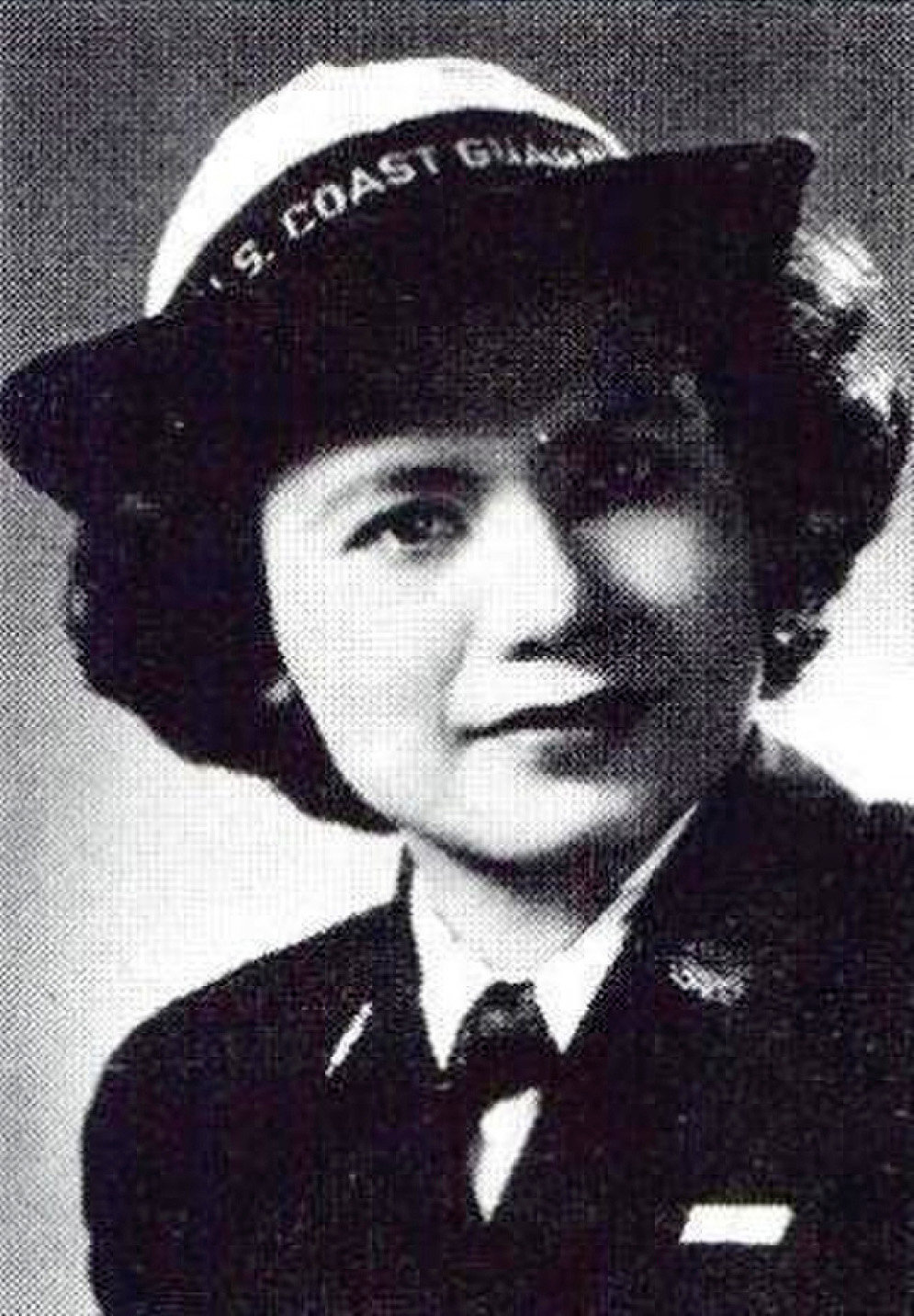Finch, Florence Ebersole Smith (1915-2016), was a Filipino – American heroine of World War II (1939-1945). During most of the war, Finch struggled against the Japanese occupation of the Philippines. At that time, the Philippines was a commonwealth of the United States. The Philippines—particularly the main island of Luzon —was the scene of heavy fighting during the war. Finch later served in the U.S. Coast Guard .

Finch was born Loring May Ebersole on Oct. 11, 1915, in the Luzon city of Santiago. She was the daughter of an American veteran of the Spanish-American War (1898), and a Filipino mother. After high school, Finch worked as a stenographer at the U.S. Army Intelligence headquarters in Manila , the capital of the Philippines. (A stenographer is a person who writes down words as they are spoken in a form called shorthand. Later the shorthand is written—usually typewritten—in a more easily read long form.) She married U.S. Navy Chief Electrician’s Mate Charles E. Smith in August 1941. The Japanese invaded Luzon in December, and took control of Manila in January 1942. Charles Smith was killed in action in February 1942. Filipino and U.S. forces in the Philippines surrendered to the Japanese in May. To avoid internment in a prison camp, Finch disguised her American heritage and took a job with the occupying Japanese forces.
Finch secretly corresponded with U.S. and Filipino servicemen captured by the Japanese, and she helped get food and supplies to the starving prisoners . She also guided fuel and other supplies to Filipino resistance groups and assisted in acts of sabotage against the Japanese. In October 1944, the Japanese discovered her activities and she was arrested, tortured, starved, and imprisoned at a women’s camp in Mandaluyong near Manila. Finch survived the ordeal, and American forces freed her in February 1945. The Japanese officially surrendered on September 2, ending World War II.
In May 1945, Finch moved to live with family in Buffalo , New York . She served in the U.S. Coast Guard Women’s Reserve from July 1945 until May 1946. She then attended secretarial school and married Army veteran Robert Finch. In November 1947, the U.S. government awarded Florence Finch the Medal of Freedom (now called the Presidential Medal of Freedom ), the nation’s highest civilian award. Finch and her husband lived in Ithaca, New York, where she worked as a secretary at Cornell University . Finch died in Ithaca on Dec. 8, 2016.
